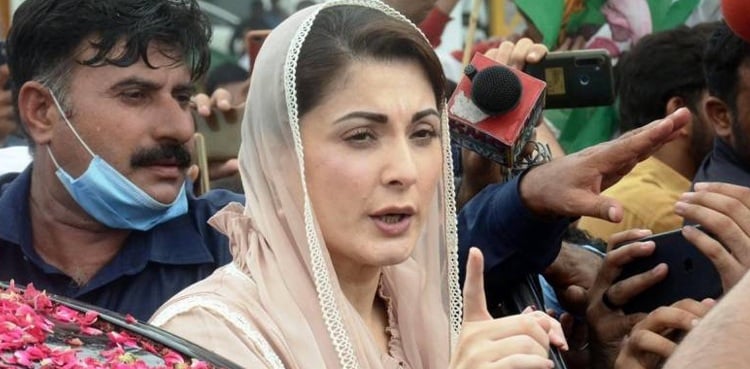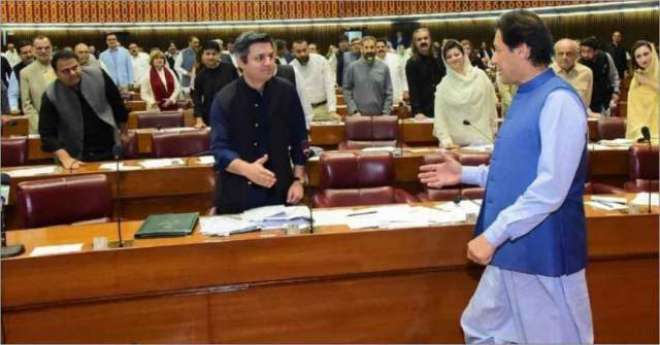Does exercise help keep our brains young?
- December 12, 2015, 7:51 pm
- Health News
- 121 Views
HQ City Desk
QUETTA: Physical fitness may be critical for maintaining a relatively youthful and nimble brain as we age, according to a new study of brain activation patterns in older people.
For most of us, our bodies begin to lose flexibility and efficiency as we enter our 40s. Running and other movements slow down and become more awkward, and something similar seems to occur within our heads. As middle age encroaches, our thinking becomes less efficient. We don’t toggle between mental tasks as nimbly as we once did or process new information with the same aplomb and clarity.
Recently, neuroscientists have begun to quantify how those cognitive changes play out in our brains, to disquieting effect. In studies comparing brain activation in young people with that of people past 40, they have found
notable differences, especially during mental tasks that require attention, problem solving, decision-making and other types of high-level thinking.
Such thinking primarily involves activation of the brain’s prefrontal cortex.
In young people, activation in the cortex during these cognitive tasks tends to be highly localized. Depending on the type of thinking, young people’s brains light up almost exclusively in either the right or left portion of the prefrontal cortex.
But in older people, studies show, brain activity during the same mental tasks requires far more brainpower. They typically display activity in both hemispheres of their prefrontal cortex.
In effect, they require more of their brains’ resources to complete the same tasks that young people do with less cognitive effort.
Neuroscientists coined an acronym for this phenomenon: Harold, for hemispheric asymmetry reduction in older adults. Most agree that it represents a general reorganization and weakening of the brain’s function with age.
But scientists have not known whether Harold is inevitable with aging or could perhaps be slowed or even prevented with lifestyle changes.
That possibility attracted the attention of Hideaki Soya, a professor of exercise and neuroendocrinology at the University of Tsukuba in Japan, who studies the effects of exercise on the brain.
For the new study, which will appear next month in NeuroImage, Dr. Soya and his colleagues recruited 60 Japanese men between the ages of 64 and 75 who showed no signs of dementia or other serious cognitive decline.
They tested each man’s aerobic fitness in the laboratory.
Then on another day, they fitted each volunteer with a series of tiny probes across their foreheads and scalps. The probes used infrared light to highlight blood flow and oxygen uptake in various parts of the brain.










